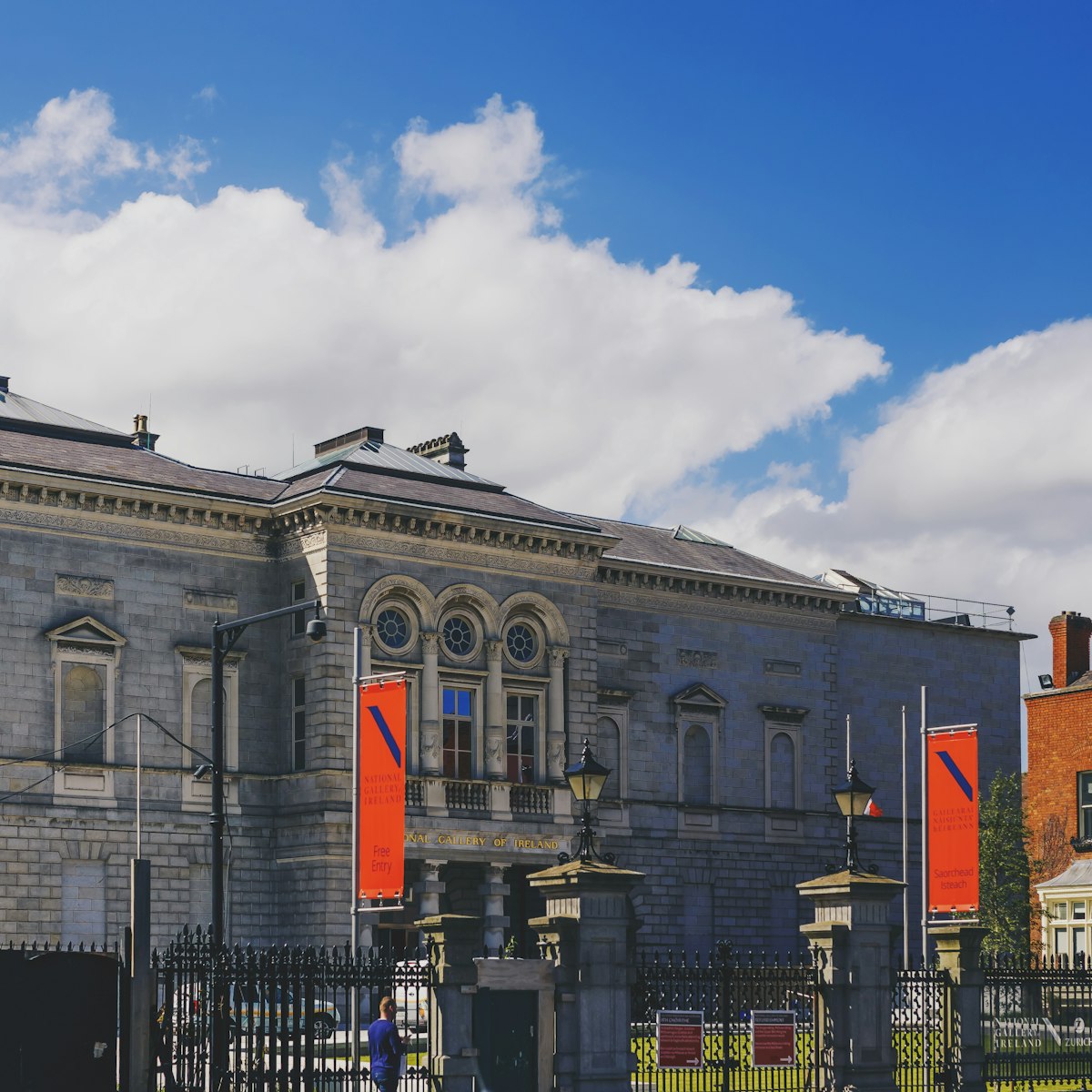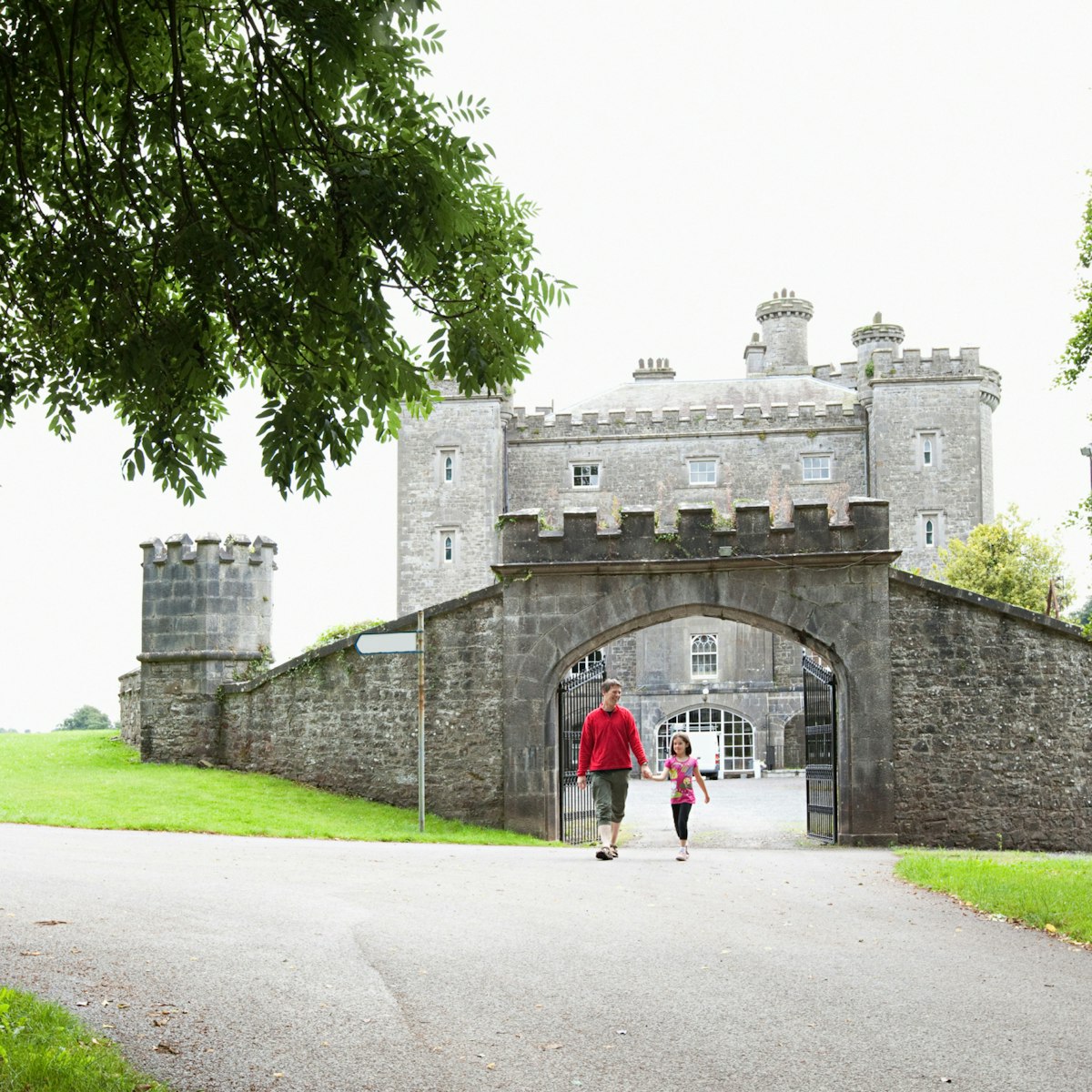Two churches, side by side, each bearing the same name, a tribute to St Audoen, the 7th-century bishop of Rouen (aka Ouen) and patron saint of the Normans. They built the older of the two, the Church of Ireland, between 1181 and 1212, and today it is the only medieval church in Dublin still in use. A free 30-minute guided tour departs every 30 minutes from 9.30am to 4.45pm. Attached to it is the newer, bigger, 19th-century Catholic St Audoen's.
Through the Norman church's heavily moulded Romanesque Norman door, you can touch the 9th-century 'lucky stone' that was believed to bring good luck to business, and check out the 9th-century slab in the porch that suggests it was built on an even older church. As part of the tour you can explore the ruins as well as the present church, which has funerary monuments that were beheaded by Cromwell's purists. Its tower and door date from the 12th century and the aisle from the 15th century, but the church today is mainly a product of a 19th-century restoration.
St Anne's Chapel, the visitor centre, houses a number of tombstones of leading members of Dublin society from the 16th to 18th centuries. At the top of the chapel is the tower, which holds the three oldest bells in Ireland, dating from 1423. Although the church's exhibits are hardly spectacular, the building itself is beautiful and a genuine slice of medieval Dublin.
The church is entered from the south off High St through St Audoen's Arch, which was built in 1240 and is the only surviving reminder of the city gates. The adjoining park is pretty but attracts many unsavoury characters, particularly at night.







